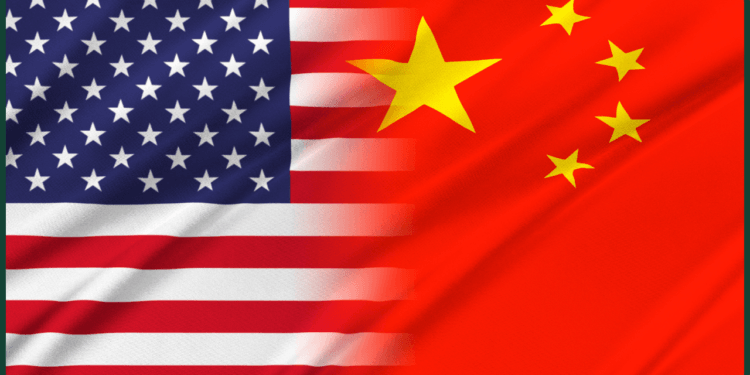Beijing, April 11, 2025 – In a bold escalation of the ongoing trade war, China has announced additional tariffs on all US imports, raising the total duty to a staggering 125%. The move, effective April 12, comes as a direct response to recent US tariff hikes on Chinese goods, which now stand at 145%, including a 20% levy tied to fentanyl-related concerns. This tit-for-tat exchange marks a new peak in tensions between the world’s two largest economies, threatening global trade stability.
China’s Ministry of Finance described the US actions as a “numbers game” with no economic merit, accusing Washington of undermining international trade norms. “The US has lost sight of mutual benefit,” a ministry spokesperson stated, signaling Beijing’s intent to “ignore” further escalations unless they inflict tangible harm. The new tariffs will hit a wide range of US exports, from agricultural products like soybeans and poultry to industrial goods, potentially pricing American products out of the Chinese market.
The decision follows weeks of spiraling retaliatory measures. In early April, the US imposed a 104% tariff on Chinese imports, prompting China to counter with an 84% duty. The latest US increase to 125%, announced midweek, appears to have pushed Beijing to match the intensity, raising fears of a deeper economic rift. Analysts warn that the trade war could shave billions off global GDP, with US consumers likely facing higher prices for electronics, clothing, and toys—sectors heavily reliant on Chinese manufacturing.
China’s state media has struck a defiant tone, framing the tariffs as a defense of national interests. Social media platforms buzzed with calls for self-reliance, while commentators suggested further measures, such as restricting rare earth exports critical to US tech and defense industries. Meanwhile, US officials, including Treasury Secretary Scott Bessent, dismissed China’s response as a misstep, claiming it would hurt Beijing more by isolating it from global markets.
Global markets shuddered at the news, with the Dow dropping 1.2% and Asian indices sliding. Small businesses in both nations brace for fallout, as supply chains strain under the weight of escalating costs. As negotiations stall, the world watches anxiously, wondering if diplomacy can defuse this economic powder keg before irreparable damage is done.

















































